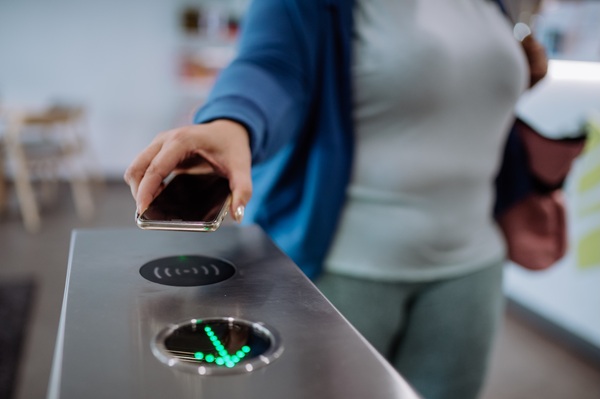A new 2025 study from the Cebu Institute of Technology–University (CIT-U) suggests that Cebu City is rapidly embracing a cashless future.
In a survey of over 500 residents, 93.2% expressed support for going cashless, and 99.2% said they understand how digital payment systems work.
That’s a major shift for a city still known for its traditional markets and cash-heavy jeepney fares.
The study found that over half of respondents “always” use digital payments, with 54.2% reporting they feel “very comfortable” doing so.
Popular methods include mobile banking apps and e-wallets for shopping, transport, dining, and more.
Interestingly, the most reliable indicators of cashless adoption were age and daily usage—not income level or employment status. Younger residents and daily digital users were the most open to abandoning cash entirely. Researchers say this points to a growing cultural normalization of digital finance.
Still, barriers remain. Nearly 68% of respondents cited privacy and data security as their top concern, followed by overreliance on tech and unequal access to devices or internet. “The digital divide is real,” the report warns, noting that vulnerable groups could be left behind without targeted support.
The findings offer both a challenge and an opportunity for banks, tech companies, and policymakers. The researchers recommend investing in stronger security systems, transparent privacy policies, and digital literacy campaigns.
Cebu’s momentum mirrors broader Southeast Asian trends, where mobile payments and QR codes are replacing cash at a fast pace.
For tourists and locals alike, that could mean smoother, more seamless transactions—though some cash is still recommended for small vendors.
Bottom line: behavior matters more than demographics. Financial institutions that focus on how people actually use digital money—not just who they are—will be best positioned to lead the charge into a cashless economy.
READ MORE FINTECH NEWS.





